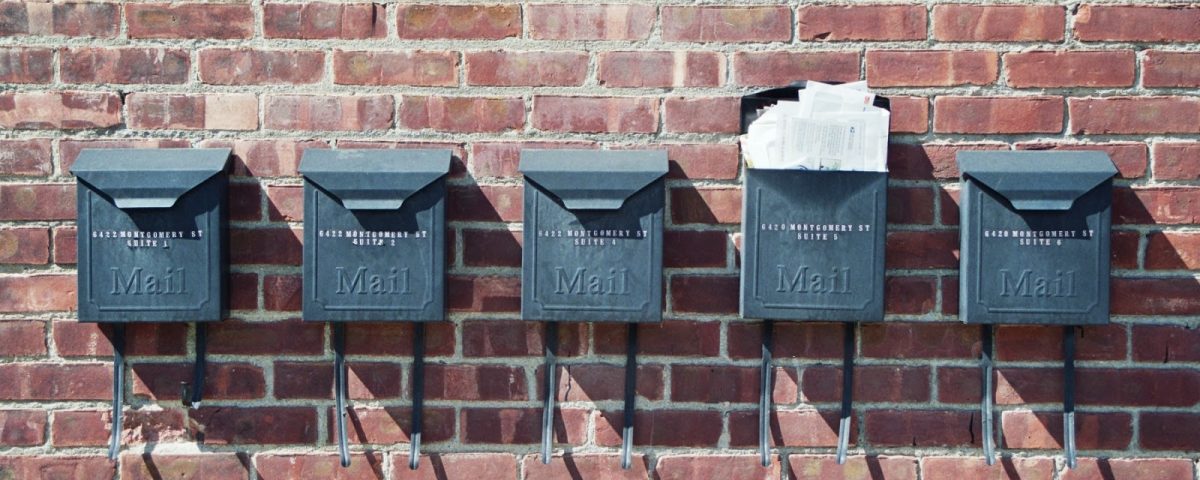This Week’s Grammar Mailbox Question Comes from a Year 2 BMSIM Student:
AT
–AT describes position at a specific point.
It’s very cold at the bottom of the ocean.
I think you’ll find him at the front of the class.
They’re seated at the back of the bus.
–AT is used with a larger place (a town, a city, a community, or a store, a bank, an airport).
Let’s meet at the bank.
–AT is used before the names of group activities.
at a party, at a meeting, at a play, at a parade
IN
–IN refers to a position within large areas or in spaces that surround something on all sides.
My keys are in my bag.
He is not in his office.
The car is in the garage.
– IN is used with cities, regions, counties, states and countries.
She works in Hong Kong.
– Use ‘in’ with spaces that you can physically walk into, or place something into. These could be inside or buildings or outside as well.
Let’s meet in the gym after class. (indoors)
She’s out jogging with her friends in the park. (outdoors)
– Use ‘in’ with bodies of water.
That duck is swimming in the water.
Unfortunately, there’s a lot of pollution in this sea.
There are some beautiful rocks in the pond.
– Use ‘in’ with lines.
There are so many people standing in that queue.
Please stand in a row and let me count you.
You’ll have to stand in that line over there.
Answers to last week’s challenge:
(a) The dog sleeps on the couch, and the cats always lie curled up under the table.
(b) Don’t shout when you lay your cards down.
(c) Linda lay down for a nap after yoga last night.
(d) “So great was the noise during the day that I used to lie awake at night listening to the silence.”
(Muriel Spark, A Far Cry from Kensington. Houghton Mifflin, 1988)
(e) “Rosie scratched about, turned over a sack, and revealed a stone jar of cider.
. . . Huge and squat, the jar lay on the grass like an unexploded bomb.”
(Laurie Lee, Cider With Rosie, 1959)
(f) “In politics, strangely enough, the best way to play your cards is to lay them face upward on the table.”
(H. G. Wells)
(g) “The lion and the calf shall lie down together, but the calf won’t get much sleep.”
(Woody Allen, Without Feathers, 1980)
(h) “The lion lay down beside them to watch, but he also was so weary with the fight, that he called to the bear and said, ‘Lie down near me, I must sleep a little: if anything comes, waken me.’ Then the bear lay down beside him.”
(Grimm Brothers, “The Two Brothers”)


